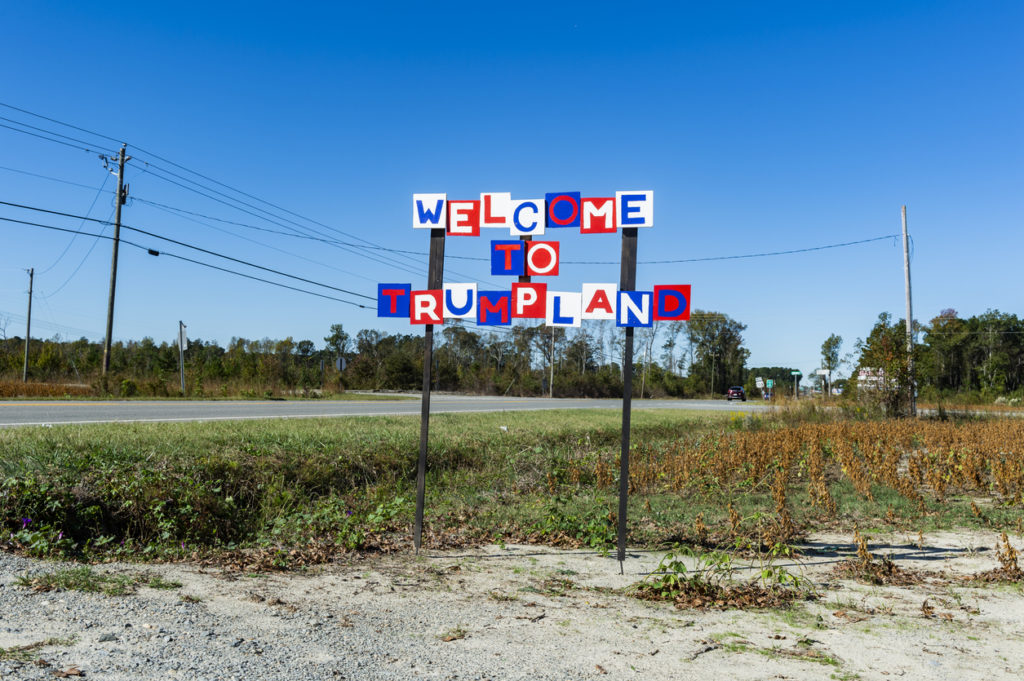The US lame duck period, or lame duck presidency, has been established through history as a puzzling period of a recently defeated but still incumbent president awaiting for the president-elect to take up the reins.
Unlike many other countries, the United States has established the lame duck period due to the belief in the “transition of power” from the outgoing government to the new elected officials and the president-elect.
In the history of US elections there have been turbulent lame duck periods, like the 146 days between the presidential elections of November 1932, where Republican president Herbert Hoover lost to Democrat Franklin Roosevelt; and March 1933 when the latter was inaugurated as the 32nd US president.
In more recent lame duck history, Bill Clinton issued 140 pardons in the last few hours of his presidency.


Historically, lame duck has been considered an unstable and suspicious period, occurring once every four or eight years from November to January.
But the lame duck of our times is one of a kind in so many different ways.
The atmosphere around the 2020 elections was unique.
For the first time we saw two elderly candidates wrangling like schoolboys in a tragic presidential debate without any respect to rational political dialogue; and in the wake of a global pandemic that has already cost the country more than 320,000 deaths and brought the global economy to its knees.
We experienced probably the largest political polarisation of an election campaign in modern history.
President Trump established, in his own way, an unprecedented political current, which after the election defeat showed us its real face by refusing to embark on the “transition of power” with the Biden administration.
In his time as president, Trump transformed US politics into a global political show of his own fancy, casting aside rational and well-thought-out political speech, and exploiting political communication to feed his vanity and arrogance.
He even managed to over- and mis-use the expression “fake news” to such an extent that he made it a synonym for every “unfounded” political disagreement or accusation involving him.
He argued with acclaimed experts in different fields like medical researchers, doctors and economists, on topics like the pandemic and recession, presenting himself as the person with the solution to every problem regardless of its nature.
And he has continued in this vein despite losing the election, questioning the results in a way previously unseen in US electoral history.
Yet in bringing wrong to right, converting reason into doubt, accusing and labelling a meritocratic voting system a fraud, the president is not alone.
In a recent study it was found that almost 80% of Trump’s supporters believe and embrace his claims of election fraud.
After insulting democracy and the country’s integrity by launching lawsuits against electoral colleges in states where they lost, Trump and his supporters are now ready to lay their last card on the table and move on to an unknown grand finale.
A finale that renders this period totally unpredictable and this lame duck unique in history.









